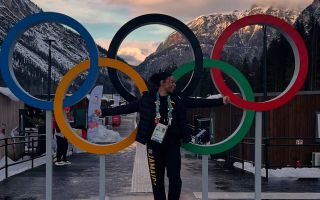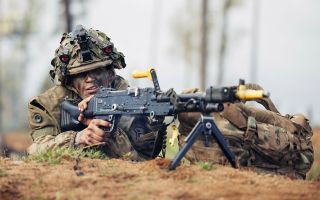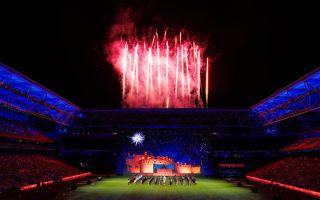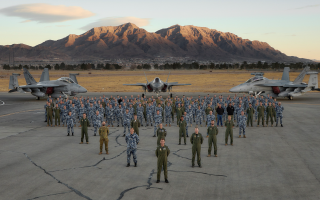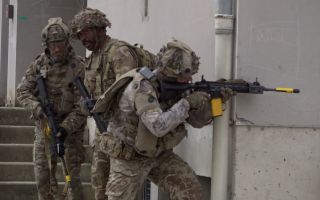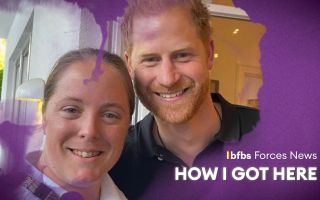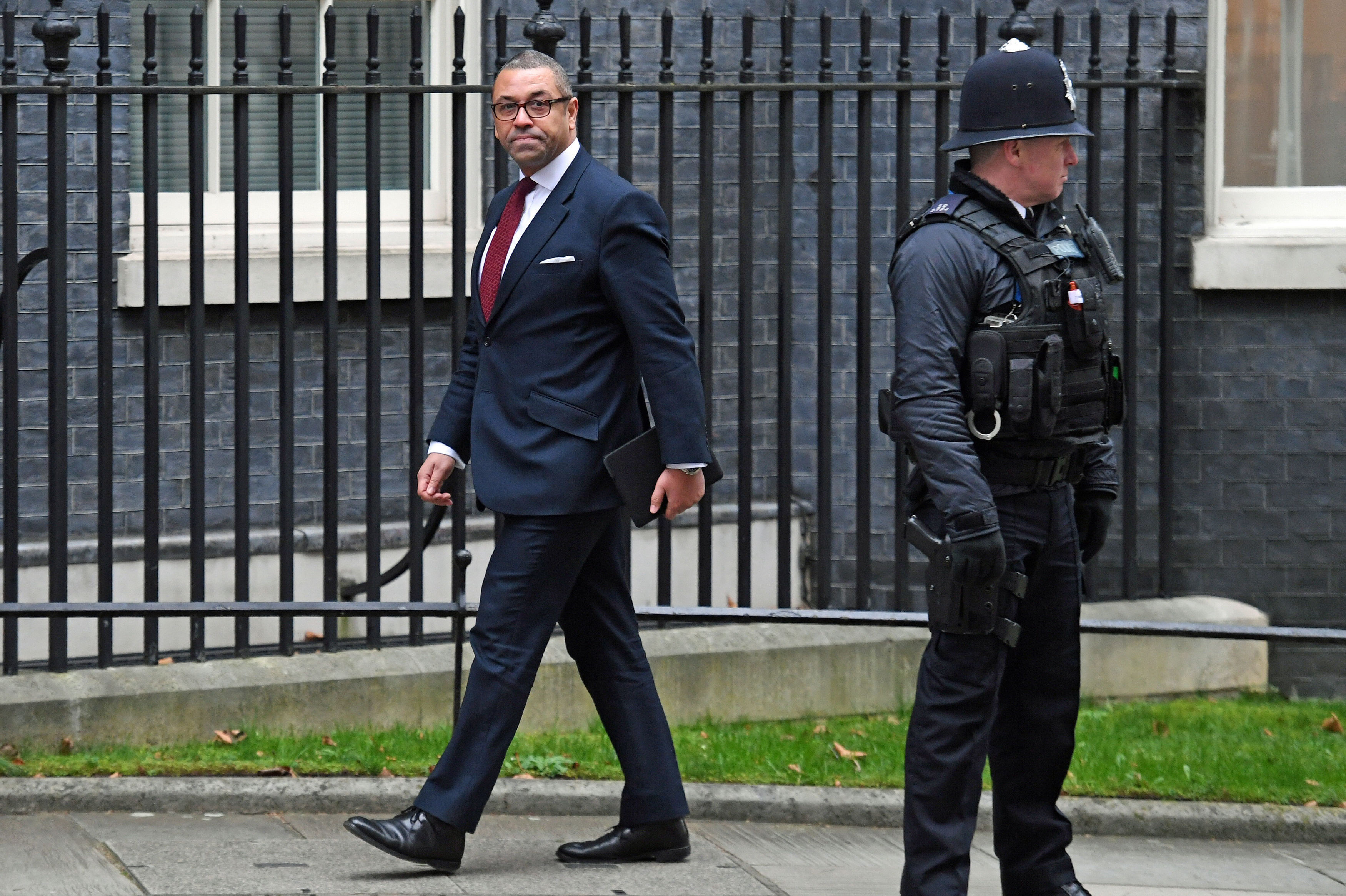
Army Reservist Appointed Tory Party Deputy Chair

James Cleverly, the MP for Braintree and Army reservist, has been promoted to the position of Deputy Chairman of the Conservative Party.
Mr Cleverly has seen a rapid promotion from the Conservative’s back benches into the Cabinet.
This new role will see him support the newly appointed party chairman, Brandon Lewis.
The role of the chairman is to oversee the administration of the party, as well as managing the Campaign Headquarters for the Conservatives.
As the Deputy, Mr Cleverly could be given a number of specific tasks to oversee, including local government.
The newly appointed Deputy Chair has spent nearly 20 years in the Territorial Army and is now at the rank of Major.
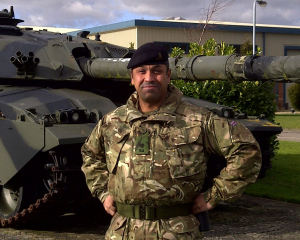
Mr Cleverly is part of the Central Volunteers HQ Royal Artillery and works as a Staff Officer in the 1st (UK) Armoured Division.
Up until 2005 Mr Cleverly was the Officer Commanding 266 (parachute) Battery Royal Artillery (volunteers).
In October of 2017, Mr Cleverly spoke in the House of Commons as an MP, supporting a new flexible working bill for the Armed Forces.
The bill looked to amend the Armed Forces Act 2006, allowing for greater flexible working within the British Armed Forces, giving regular service personal more control over their work life balance.
Mr Cleverly said that:
“I do not want to see anyone else sacrifice either their career because of their family or their family life because of their career. The Bill is a big step forward and I commend it to the House.”
The Bill is about to enter a reporting stage so it can be considered by the house of commons.
After this it will get passed for a third reading before moving on to the final legislative stages of becoming an Act.
Mr Cleverly’s House of Commons voting record has shown he’s supported the use of UK military forces in combat operations overseas and opposed an investigation into the Iraq war.
On December 2, 2015, he voted to support UK airstrikes against Daesh in Syria.
Then on November 30, 2016, Mr Cleverly voted against an investigation into the contrast between public statements and private actions in the run-up to the Iraq war.




